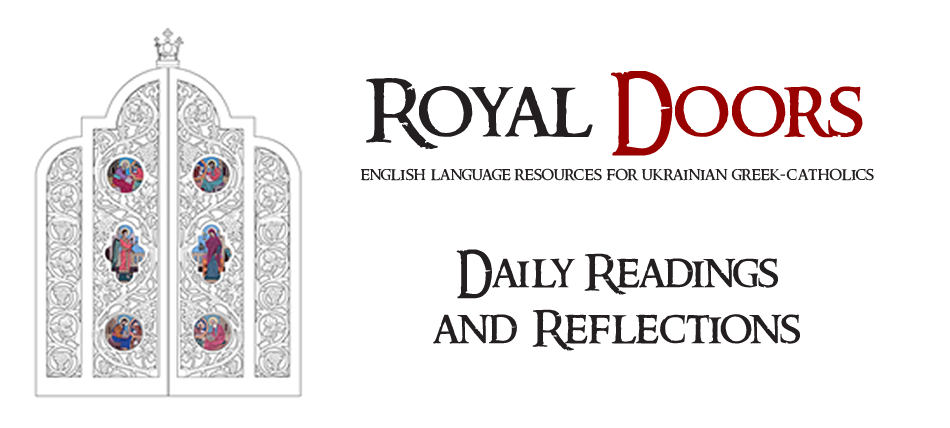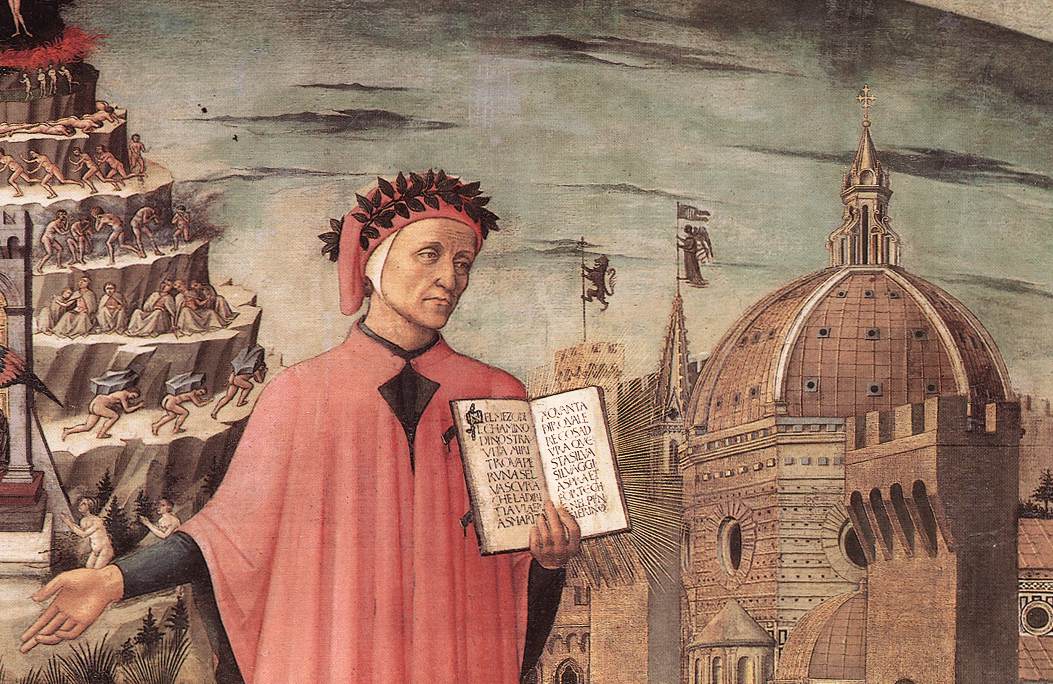It is often asked of Eastern Catholics what it is they believe about Purgatory. (At least it is a question that I myself have been asked on more than one occasion!) Roman Catholics, after all, speak in quite definitive terms about it, while the Orthodox explicitly reject the doctrine. Consequently, it might be supposed that Eastern Catholics either fall right in the middle of the two positions, or that they simply adhere to Latin definitions. I would argue, however, that neither of these options is the case, and that what Eastern Catholics can do today is reflect upon the truth as it is expressed by both theological traditions, and try to reformulate it in terms that are faithful to the East, yet also make sense to the West.
The question of Purgatory is really a question of life after death, and if life after death, then life itself. This is because the word ‘purgatory’, derived from the Latin verb purgare, meaning ‘to make clean’, expresses an idea that applies to the whole Christian life. Life after all, as conceived by Christians, is about being drawn God-ward, and preparing all the while for the ultimate union with God by being cleansed of sin; unburdened of baggage; purified of whatever would obscure God’s image.
In that respect, life in this world is the beginning of a process. It is part of a continuum that extends beyond the experiences we can measure – that is, the experiences of this world – to include the experiences we can only presently imagine – that is, those of the next world.
We might imagine this continuum as being like a mountain climb. We find ourselves on mountain that we feel compelled to ascend. As we move, light shines on us from above to warm our bodies and to illumine our way, and we feel this ever more intensely the higher we go. By continually moving in the direction of the light, we work through the baggage we carry, either because we use it up, or because we realise we do not need it or, finally, because the light burns it away. No matter what the case, our burdens are lessened on the ascent, providing we keep our eyes focused on the light above, our compass oriented upward.
At some point, we encounter a layer of cloud. This cloud obscures our vision: it stops us from seeing clearly what lies beyond – what the source of light actually is – but we pass through anyway. This is because we are intent on getting up the mountain, and not knowing precisely what we face beyond the cloud does not frighten us. The climb continues.
You will have guessed by now that the cloud represents death, and the remaining mountain beyond it, ‘Purgatory’. Importantly, though, this purgatory is not a separate place of punishment, but the extension of a life directed to God, wherein the soul is continually purged of sin in preparation for that final vision, for the banquet in which we have been called to share. On the lower slopes of the mountain, we seek to leave behind what would stop us from moving upward. On the upper slopes, beyond the cloud, we continue the process, but now we do it in knowledge instead of faith. Now we know our ultimate destination, whereas before, we had faith in our ultimate destination.
Purgatory, as we might describe it in the East, then, is not a doctrine about the vengeance of God, or even of His justice; it is, rather, a doctrine of comfort and encouragement that can inform us as to our purpose in life and cause us to focus more singlemindedly on the prize: the unobstructed, eternal vision of God, and the consummation of our identities in him. While we seek to be purged of sin in this world, being entirely cleansed here is unlikely, so we can take comfort from the fact that the process continues until we are fully ready to take our place at the heavenly table.
In the end, it is difficult to talk about life after death (a doctrine like Purgatory) without talking about life itself. Nonetheless, the certainty of our conscious continuation even after the veil of death has seemingly separated us from loved ones on the ‘lower slope’ means that any talk of purgation after death can be understood as an intensification of what began in earthly life. And if we want to enjoy more quickly the fruits of God’s invitation to join him in His life, we will take seriously the tools he has given us to make it possible now, by making our confessions, partaking of His Body and Blood, and seeking after Him at all times and in all things.
Source: Symposium
[author] [author_image timthumb=’on’]https://royaldoors.net/wp-content/uploads/2013/05/siemens.png[/author_image] [author_info]Father James Siemens is a Ukrainian Greek Catholic priest serving in the Eparchy of the Holy Family of London. He studied for his Ph.D. under the direction of Professor Tom O’Loughlin, writing on the Christology of Theodore of Tarsus, and followed that with a post-doctoral Licence in Divinity looking at eschatology in late antique chronicles. Elected a Fellow of the Royal Historical Society in 2011, he works as an assistant principal of a Catholic College in Cardiff, Wales and directs the Theotokos Institute for Catholic Studies.[/author_info] [/author]

